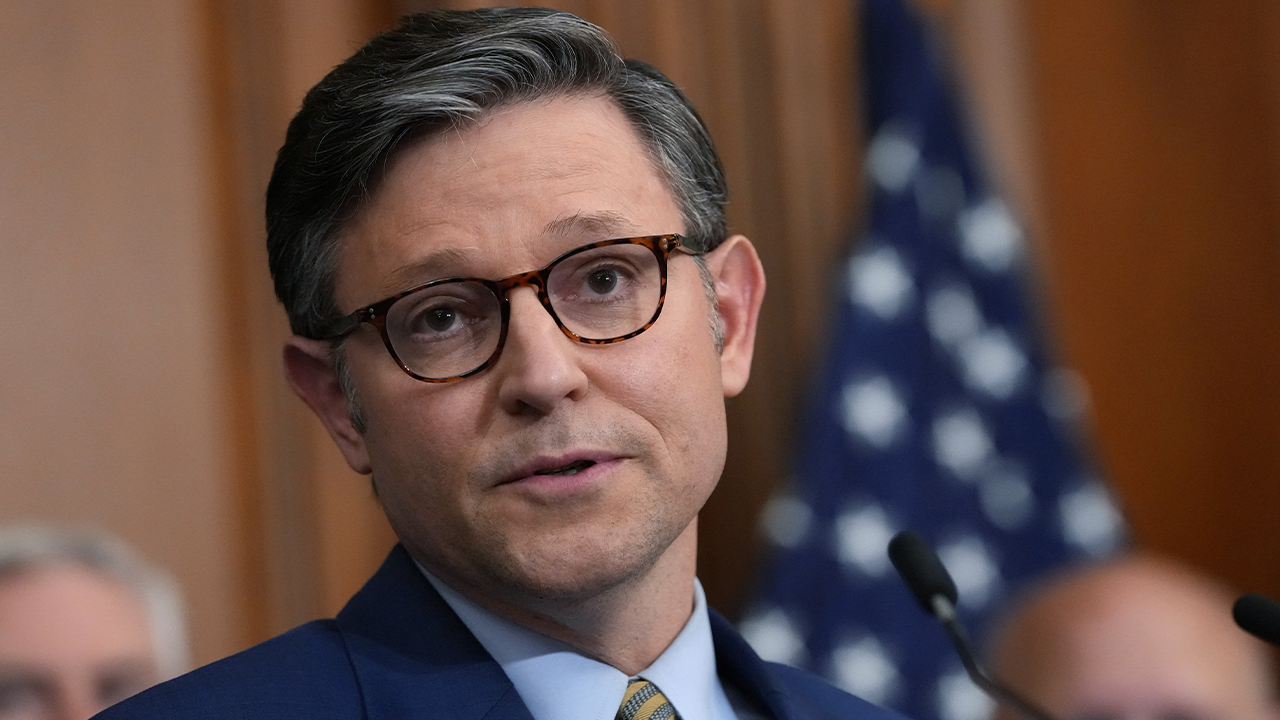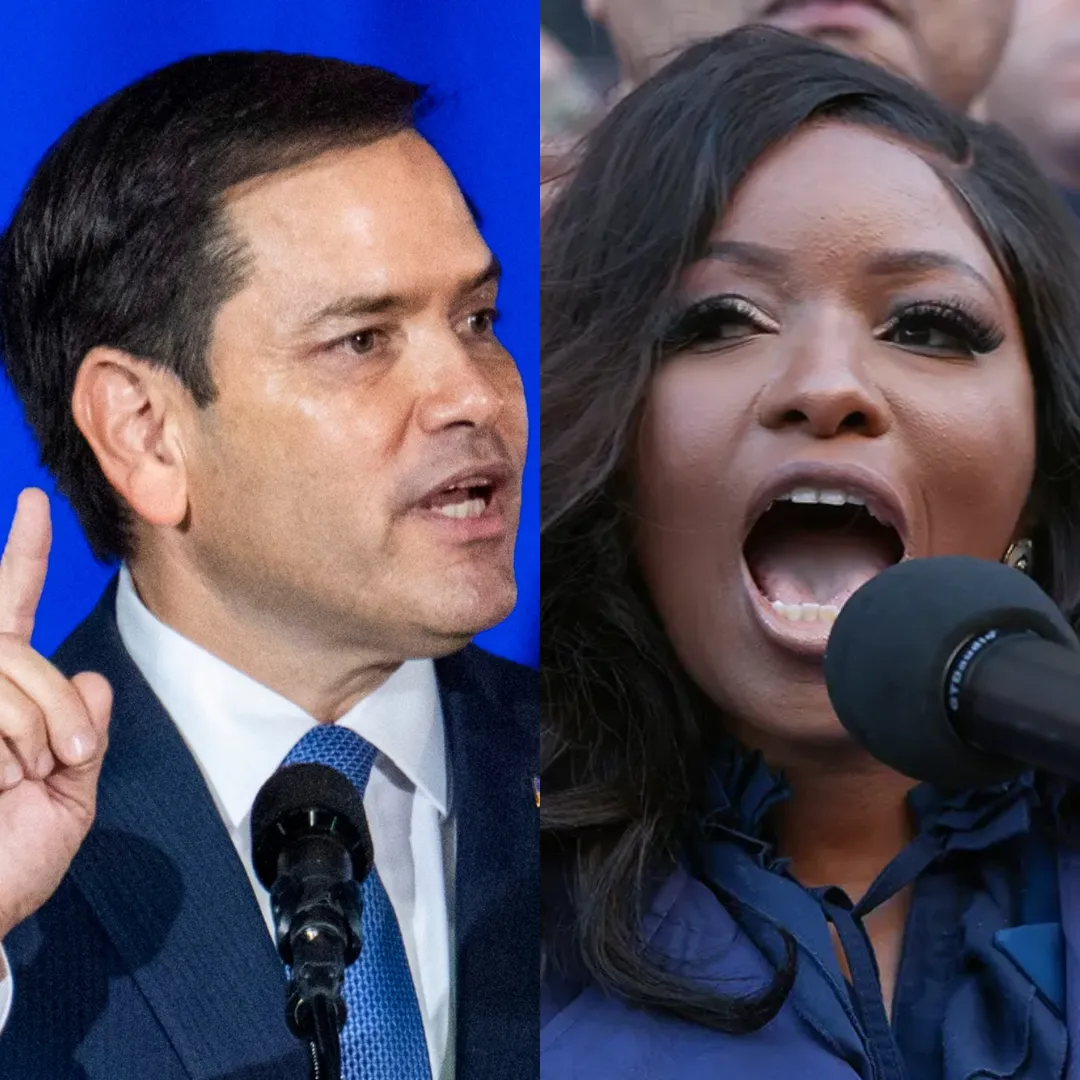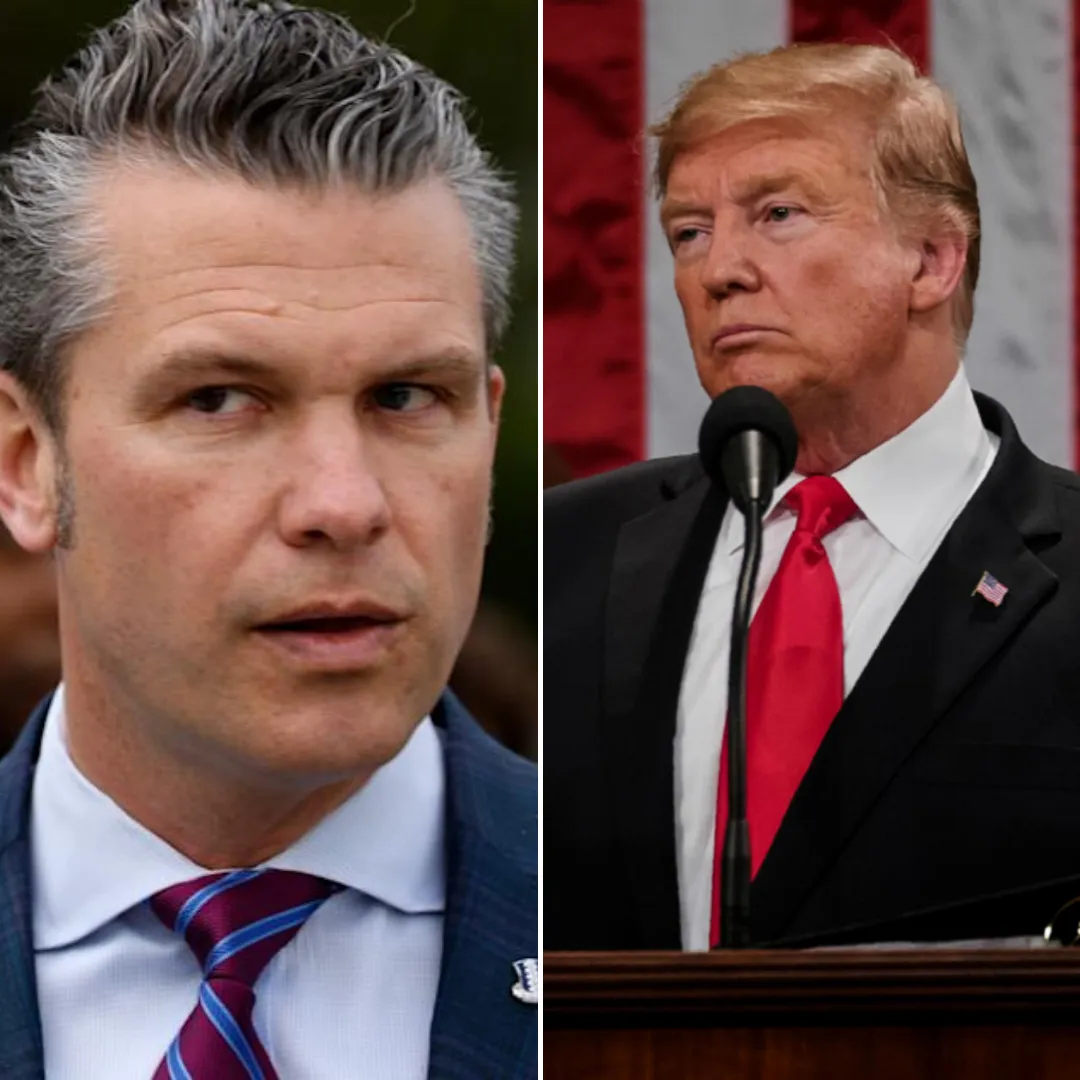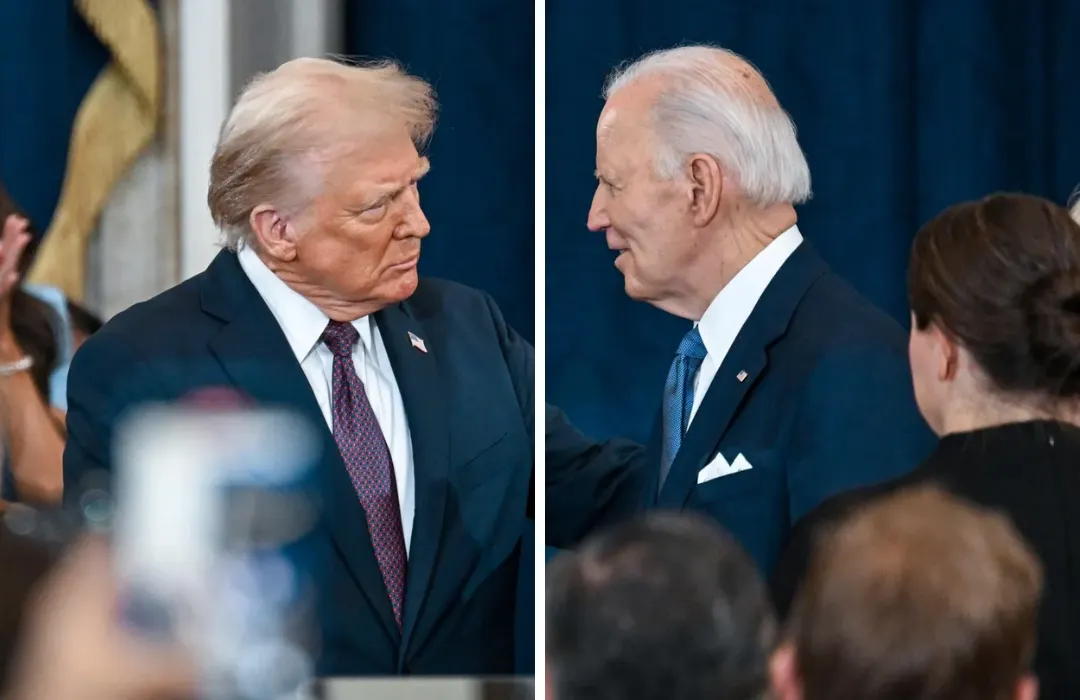
In a bold move that reflects the growing frustration of conservatives with government spending, House Republicans are pushing for the first major rescissions package since 1993.
The focus of this push is on the cancellation of wasteful spending, particularly targeting foreign aid programs and public broadcasting. The proposal comes on the heels of a broader discussion on fiscal responsibility, especially within the context of President Donald Trump’s agenda and the ongoing work of the Department of Government Efficiency (DOGE).
While the idea of "rescissions" might sound complex, it’s a simple concept. Essentially, a rescissions package allows Congress to "claw back" funds that were previously appropriated.
This is the opposite of an appropriation, where the government allocates money for specific purposes. Rescissions can undo that allocation, canceling funds that were previously approved but not yet spent.
This process is a powerful tool for limiting government spending and ensuring that taxpayer dollars are not wasted.
For conservatives, this is a critical step in fulfilling campaign promises to reduce the size of the government and cut down on wasteful spending. House Speaker Mike Johnson (R-La.) has emphasized the urgency of moving quickly on this issue, signaling that multiple rescissions packages could be coming.
“I’d like to turn it around as quickly as possible,” Johnson said. “It’s a big priority for me.” This urgency reflects the growing push among Republicans, and especially conservative figures like Elon Musk, to bring the federal budget under control and put an end to what they see as unnecessary expenditures.
Elon Musk, a major figure in the conservative movement and a vocal critic of excessive government spending, has been outspoken about his disappointment with the “Big, Beautiful Bill,” the massive tax cuts and spending package championed by Republicans.

Musk, who has often been aligned with conservative economic policies, expressed frustration over the lack of deeper cuts in the bill. He called the legislation a “disgusting abomination,” criticizing it for increasing the budget deficit and undermining the work that DOGE has done in identifying areas for cuts.
Musk’s remarks, made on social media platform X, were not just a critique of the bill itself, but also a direct challenge to the way Republicans in Congress have handled the issue of spending.
Musk, who has advocated for slashing government waste and reducing the size of the federal bureaucracy, called out the 215 House Republicans who voted in favor of the bill, saying, “You know you did wrong.”
This scathing criticism reflects the growing frustration among many conservatives that despite years of promises to cut spending, the GOP has not gone far enough in reining in the federal budget.
The focus of Musk’s criticism is on the fact that, while the bill does provide tax cuts, it fails to deliver the deep, structural spending reductions that he and other conservatives have long demanded.
DOGE, which Musk has supported, initially set a goal of reducing $2 trillion in spending, later scaling it back to $1 trillion before settling on approximately $150 billion in cuts by the end of the year.
While this is a step in the right direction, it’s clear that Musk believes the cuts do not go nearly far enough, and he is pushing for more aggressive action.
The Department of Government Efficiency (DOGE) was created to identify areas of government waste and recommend cuts to reduce the federal budget.

Under its guidance, billions of dollars have been identified for potential cuts, including reductions in discretionary spending, which is the portion of the budget that Congress can adjust annually.
However, despite DOGE’s work, Congress still has the ultimate authority over how the budget is allocated. This is where the rescissions process comes in.
A rescissions package allows Congress to act on the cuts identified by DOGE, canceling funds that were already allocated but not yet spent. These packages are a crucial tool for conservatives who want to see real cuts in government spending.
The current push for rescissions comes in response to concerns that the spending cuts in the “Big, Beautiful Bill” were insufficient and did not address the real problem: the massive size of the federal government and its tendency to waste taxpayer dollars on programs that do not serve the public interest.
Rep. Mike Flood (R-Neb.), who has been vocal in his support for rescissions, praised the work of DOGE and highlighted the importance of addressing discretionary spending. “I think this is the beginning and the whole conversation in Congress has changed because of it,” Flood said.
“This is far more complicated than just doing it in reconciliation.” The push for rescissions is a critical part of the conversation about fiscal responsibility and is seen by many conservatives as the first step in a larger effort to reduce the size of government.
While discretionary spending is often the focus of rescissions packages, the largest portion of federal spending is tied to mandatory programs such as Medicare, Medicaid, and Social Security.
These programs make up the bulk of the federal budget and are much harder to cut, as they are entitlements that Congress is obligated to fund. The challenge for Republicans is finding ways to address these mandatory spending programs while still maintaining support for vital social safety nets.

In the “Big, Beautiful Bill,” Republicans attempted to address some of the issues surrounding Medicaid spending, but cuts to mandatory programs like Medicare and Social Security are politically challenging.
These programs have large constituencies of voters who rely on them, and any attempt to cut funding for these programs is likely to face intense opposition. As a result, the current focus of Republicans is on discretionary spending, where cuts can be more easily implemented.
Despite these challenges, House Republicans are determined to push forward with rescissions packages that target areas of government spending that are seen as wasteful or unnecessary.
The focus is on cutting back on foreign aid, public broadcasting, and other discretionary programs that do not directly contribute to national security or the well-being of the American people.
The push for rescissions packages is not without political risks. Some Republicans, particularly those who represent more moderate or swing districts, are concerned about the potential fallout from cutting popular programs like public broadcasting and foreign aid.
Rep. Don Bacon (R-Neb.), who represents one of the most Democratic-leaning districts in the country, expressed concerns about the proposed cuts to PBS and NPR, which he described as important local resources for his constituents.
However, other Republicans, particularly those in the House Freedom Caucus, have been vocal in their support for deep cuts to government spending.
“The House Freedom Caucus strongly supports these critical rescissions,” the group said in a statement, “and we will support as many more rescissions packages the White House can send us in the coming weeks and months.”
For these Republicans, the fight for rescissions is about more than just the specific cuts—it’s about sending a message that the GOP is serious about reducing the size of government and addressing the growing national debt.
Rep. Chip Roy (R-Tex.), a member of the House Freedom Caucus, emphasized the political consequences of failing to pass a rescissions package.
“Members will have to go campaign on why they want to continue to fund PBS, NPR, and a whole bunch of foreign policy and foreign funding that most Americans don’t like,” Roy said.
For Republicans, the failure to deliver on spending cuts could undermine their credibility with conservative voters who expect the party to follow through on its promises.
The process of passing a rescissions package is straightforward, but it is not without challenges. In order for a rescissions bill to pass, it requires a simple majority in both the House and the Senate.
This means that Republicans will need to work quickly to ensure that the package moves through the legislative process without getting bogged down in partisan gridlock.
The current rescissions proposal, which includes $9.4 billion in cuts to public broadcasting and foreign aid programs, is just the beginning. If this package passes, it could pave the way for future rescissions efforts targeting even more areas of government spending.
However, the success of these efforts will depend on how effectively Republicans can unite around a common agenda and overcome the political obstacles that come with deep spending cuts.

One potential tool for moving the rescissions package forward is the Impoundment Control Act of 1974, which allows the president to withhold funds that Congress has appropriated.
Budget Director Russ Vought has suggested that the president may use this tool to implement “pocket rescissions” later in the year if Congress is unable to pass a rescissions package.
This would allow the Trump administration to continue cutting wasteful spending even if Congress does not approve the cuts.
The push for rescissions packages is a critical step in the ongoing effort to rein in government spending and restore fiscal discipline in Washington.
With the support of figures like Elon Musk, who has consistently called for deeper budget cuts, and conservative leaders in Congress, the GOP is making it clear that it is committed to reducing the size of government and eliminating wasteful programs.
While the battle for rescissions will not be easy, it is a necessary fight for the future of the country. As conservatives work to cut spending and reduce the national debt, they will face challenges, both from within their own party and from political opponents.
However, the effort to rein in government spending is essential for the long-term stability and prosperity of the United States, and Republicans must remain steadfast in their commitment to this goal.

The current rescissions package is just the beginning, and if Republicans can succeed in passing these cuts, they will send a powerful message to the American people that they are serious about fiscal responsibility and reducing the size of government.




